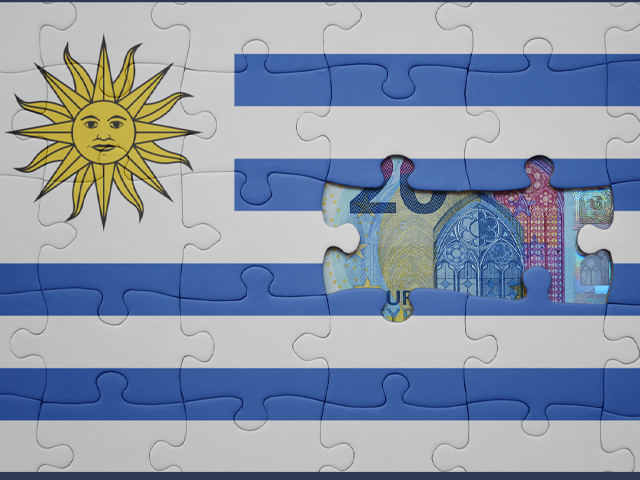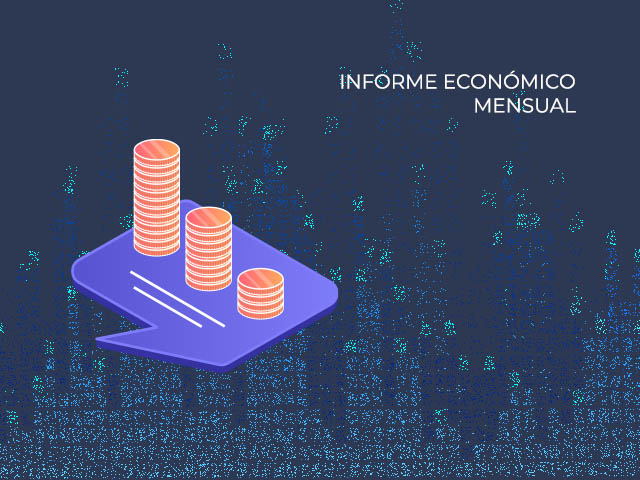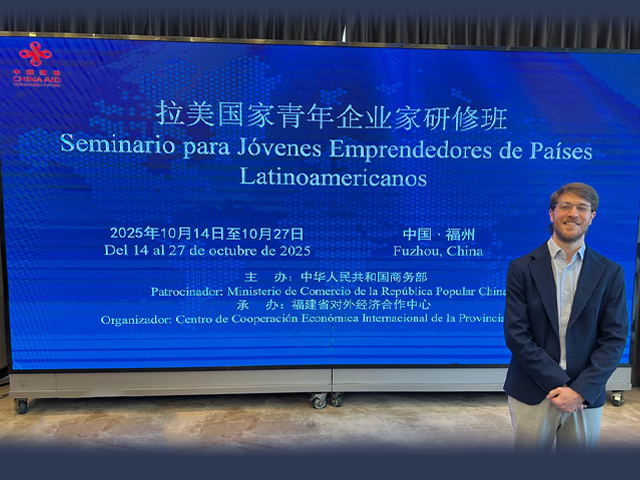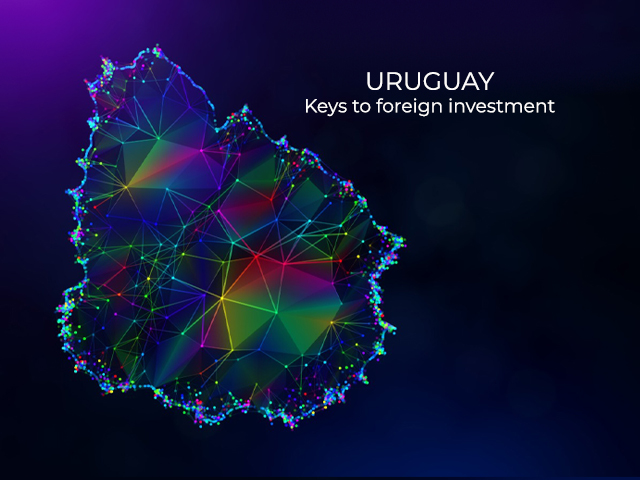Uruguay and the New Global Risk Map: Stability in Times of Fragmentation
In an increasingly tense and volatile world, Uruguay stands out as a haven of stability and openness. While the international environment undergoes structural change—with growing conflicts, sanctions, and trade barriers—the country maintains a steady trajectory built on solid institutions, political maturity, and a sound economy.
According to international indicators of geopolitical risk and economic fragmentation, Uruguay ranks among the most stable and open nations in the world, comparable to economies such as Switzerland, Austria, or Portugal. With a structural geopolitical risk (SGR) of -0.99 and an economic openness index (SEF) of -0.37, the country stands well below regional and global averages in terms of risk, and among the most integrated economies in Latin America.
Its strong rule of law, high level of international reserves (23.3% of GDP), and 95% renewable energy matrix reinforce a solid and sustainable macroeconomic foundation. These attributes explain why Uruguay maintains a stable and attractive sovereign credit rating, and why Montevideo has become a reliable logistical and financial hub in the region.
However, openness also requires strategy. In a global context of blocs and tensions, Uruguay is committed to diversifying partnerships, strengthening trade agreements, and enhancing competitiveness. Its challenge is not only to preserve stability but to transform it into a true competitive advantage for attracting investment, talent, and new opportunities.
In a fragmented world, Uruguay stands out for its stability, predictability, and long-term vision. Today, more than ever, it is a small country with a great strategic advantage: trust.
Carlos Picos Consultora
Legal, Tax, and Accounting Advisory.
Comprehensive solutions to invest, operate, and grow from Uruguay to the world.



